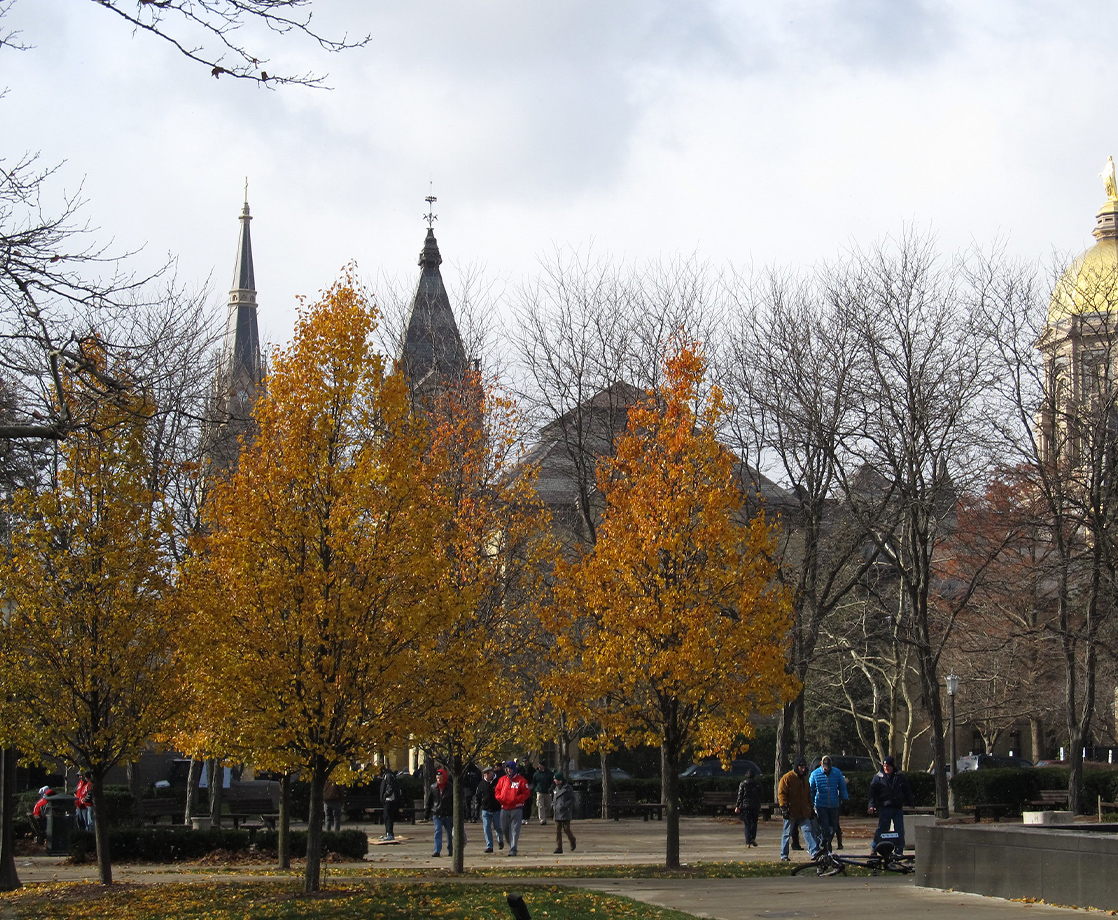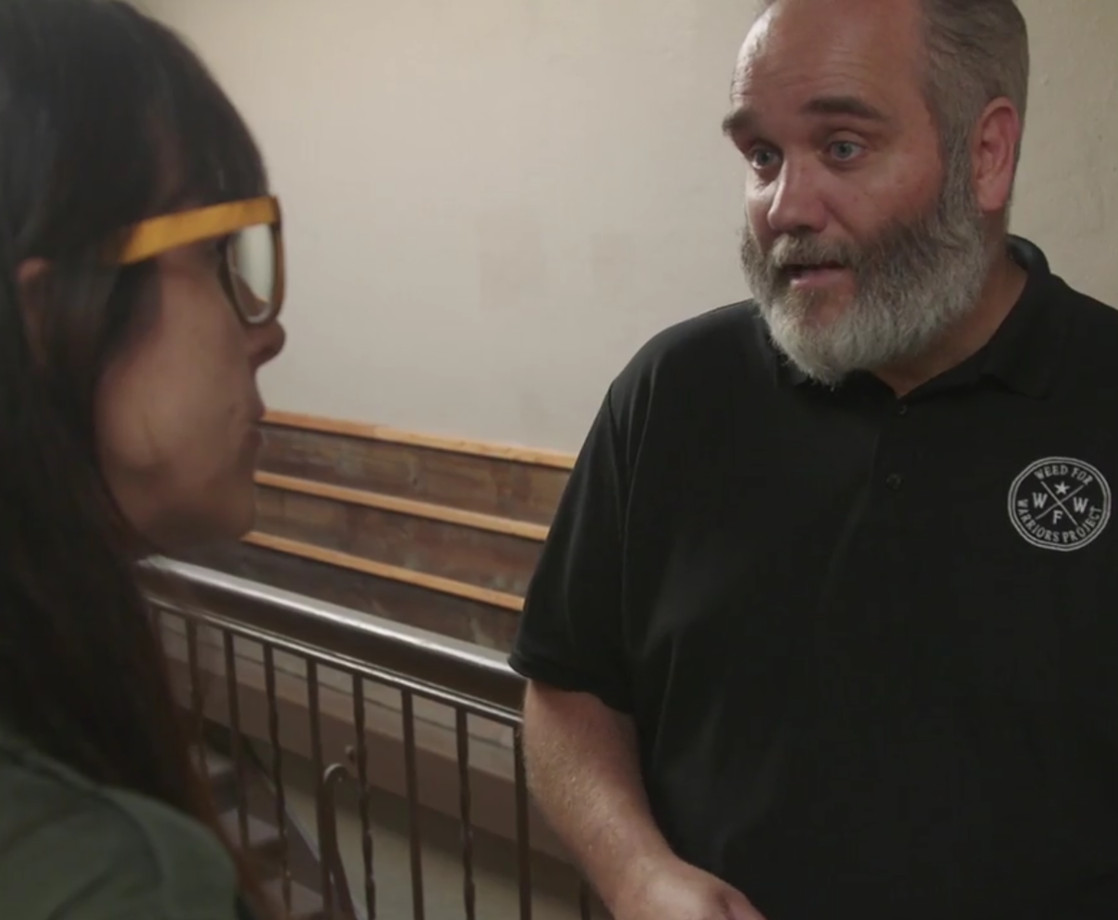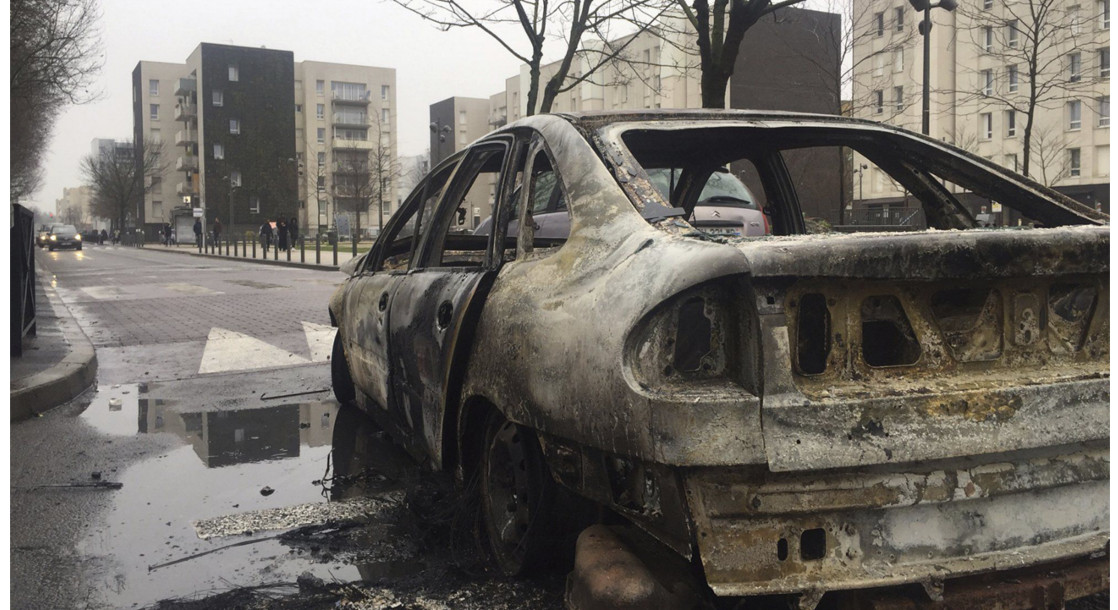America’s vast network of college campuses have had a reputation for rampant cannabis use since the countercultural revolution of late ‘60s and early ‘70s. But as medical and recreational cannabis continue to grow more and more commonplace, the nation’s institutions of higher learning are taking an anti-pot stance, and are now feeling pushback from aggrieved students.
According to a new report from the Associated Press, two college students have filed lawsuits against their universities in the past month for discriminating against their state-legal cannabis use.
In Connecticut, Sacred Heart University nursing student Kathryn Magner sued the school’s administration after she was barred from taking required clinical medical rounds after testing positive for THC.
In Arizona, Sheida Assar filed suit against GateWay Community College, which had expelled her from campus altogether after a drug test came up positive for THC. Magner said that she had used cannabis in Massachusetts, where the plant is legal, and Assar is an active member of Arizona’s medical marijuana program.
“They yanked me out of class in the middle of the school day,” Assar said. “They escorted me to the administration like I was a… criminal. It’s discrimination, and it also violates my rights under the Arizona medical marijuana law.”
Gallery — Reefer Madness!
In a similar story from earlier this year, Nova Southeastern University nursing student and Sunshine State medical marijuana patient Kaitlin McKeon was also expelled after a drug test turned up THC. The cannabis-fueled expulsions have affected nursing students in particular because those programs typically require mid-semester drug testing. In McKeon’s case, she said that school officials had originally approved her MMJ use, but were usurped by higher-ranking officials after her failed test, who have so far upheld the expulsion.
“It’s really sad that Nova Southeastern… took this stance on this issue and is really preventing a really good, caring person from entering the nursing field and living out her dream because she chose a medication that’s legal in Florida but not one that they recognize,” McKeon’s lawyer, Michael Minardi, told the AP.
If judges and jurors end up siding with students like McKeon, Magner, and Assar instead of defending the universities, the pending lawsuits have the potential to radically shift how medical cannabis is treated on campuses across the country.
“Many schools’ disability services offices are not universally listened to by the university,” Kathyrn Magner’s attorney Michael Thad Allen told the AP. “It just shows that these kinds of issues will become more common if employers and schools don’t abide by the law.”
Follow Zach Harris on Twitter











